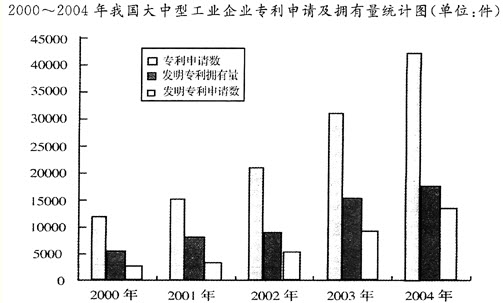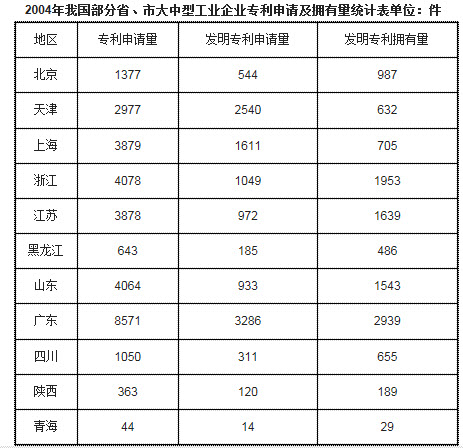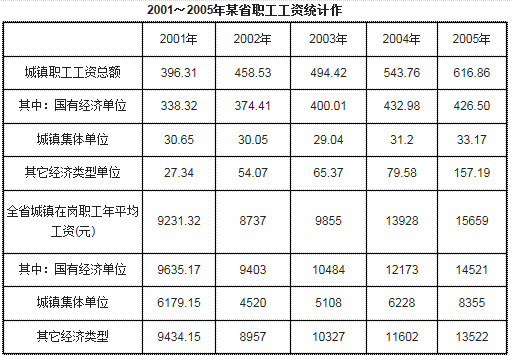
创建自己的小题库
搜索
【单选题】


The following are the factors of accidents EXCEPT()
A、mood
B、tiredness
C、carelessness
D、weather
A.
Accidents was caused; they don’t just happen. The reason may be easy to see: a shelf out of reach, a patch of ice on the road, an overloaded truck. But merely often than not there is a chain of s leading up to the misfortune—frustration, tiredness or just bad temper—that show what the accident really is, a sort of attack on oneself.
B.
Road accidents, for example, happen frequently after a family quarrel, and we all know people who are accidents-prone, so often at odds with themselves and the world that they seem to cause accidents for themselves and others.
C.
By definition, an accident is something you can not predict or avoid, and the idea which used to be current, that the majority of road accidents are caused by a minority of criminally careless drivers, is not supported by insurance statistics. These show that most accidents involve ordinary motorists in a moment of carelessness or thoughtlessness.
D.
It is not always clear, either, what sort of conditions makes people more likely to have an accident. For instance, the law requires all factories to take safety precautions and most companies have safety committees to make sure the regulations are observed, but still, every day in Britain, some fifty thousand men and women are injured from work due to accidents. These accidents are largely the result of human error or misjudgment—noise and fatigue, boredom or worry are possible factors which contribute to this. Doctors who work in factories have found that those who drink too much, usually people who have a high anxiety level, run three times the normal risk of accidents at work.

 分享
分享
 反馈
反馈 收藏
收藏 举报
举报参考答案:


举一反三
【单选题】患者16岁,男性,突然血尿,面色苍白,疲倦、精神差,无发热、咳嗽等,患者主诉二天前进食过蚕豆,血液检查:WBC7.3×109/L,Hb78g/L,RBC265×1012,PLT256×109/L,尿液检查,.尿蛋白(+),RBC0~3/HP,WBC0~5/HP。尿隐血试验阳性。此病人最可能的诊断是
A.
剧列运动引起血红蛋白尿
B.
新生儿溶血引起血红蛋白尿
C.
急性尿毒症引起血红蛋白尿
D.
6-磷酸葡萄糖脱氢酶缺陷引起血红蛋白尿
E.
血型不合输血引起血红蛋白尿
【单选题】随着弗洛伊德精神分析理论的出现,人们广泛探求天性,以此来解释行为、思想和情感。和亚当.斯密的假设相类似,弗洛伊德认为:人并不是理性的,而是由本能支配的,因此,通过理解人的种种本性,就可揭开人的心灵的秘密。对这段话的正确理解是( )
A.
弗洛伊德的观点不同于亚当.斯密
B.
弗洛伊德希望通过理解人的本性来揭开心灵的秘密
C.
弗洛伊德的愿望是好的,但他无法揭开人性的秘密
D.
弗洛伊德精神分析理论是用来揭示感性与理性的关系的
【单选题】Who is the woman(). A.Lucy. B.Lucy’s sister. C.Lucy’s friend.
A.
M: Excuse me, are you Lucy
B.
W: No, I’m not. I’m her sister.

相关题目:
【单选题】患者16岁,男性,突然血尿,面色苍白,疲倦、精神差,无发热、咳嗽等,患者主诉二天前进食过蚕豆,血液检查:WBC7.3×109/L,Hb78g/L,RBC265×1012,PLT256×109/L,尿液检查,.尿蛋白(+),RBC0~3/HP,WBC0~5/HP。尿隐血试验阳性。此病人最可能的诊断是
A.
剧列运动引起血红蛋白尿
B.
新生儿溶血引起血红蛋白尿
C.
急性尿毒症引起血红蛋白尿
D.
6-磷酸葡萄糖脱氢酶缺陷引起血红蛋白尿
E.
血型不合输血引起血红蛋白尿
【单选题】随着弗洛伊德精神分析理论的出现,人们广泛探求天性,以此来解释行为、思想和情感。和亚当.斯密的假设相类似,弗洛伊德认为:人并不是理性的,而是由本能支配的,因此,通过理解人的种种本性,就可揭开人的心灵的秘密。对这段话的正确理解是( )
A.
弗洛伊德的观点不同于亚当.斯密
B.
弗洛伊德希望通过理解人的本性来揭开心灵的秘密
C.
弗洛伊德的愿望是好的,但他无法揭开人性的秘密
D.
弗洛伊德精神分析理论是用来揭示感性与理性的关系的
【单选题】Who is the woman(). A.Lucy. B.Lucy’s sister. C.Lucy’s friend.
A.
M: Excuse me, are you Lucy
B.
W: No, I’m not. I’m her sister.

参考解析:


AI解析
重新生成

题目纠错 0
发布

 复制链接
复制链接 新浪微博
新浪微博 分享QQ
分享QQ 微信扫一扫
微信扫一扫









